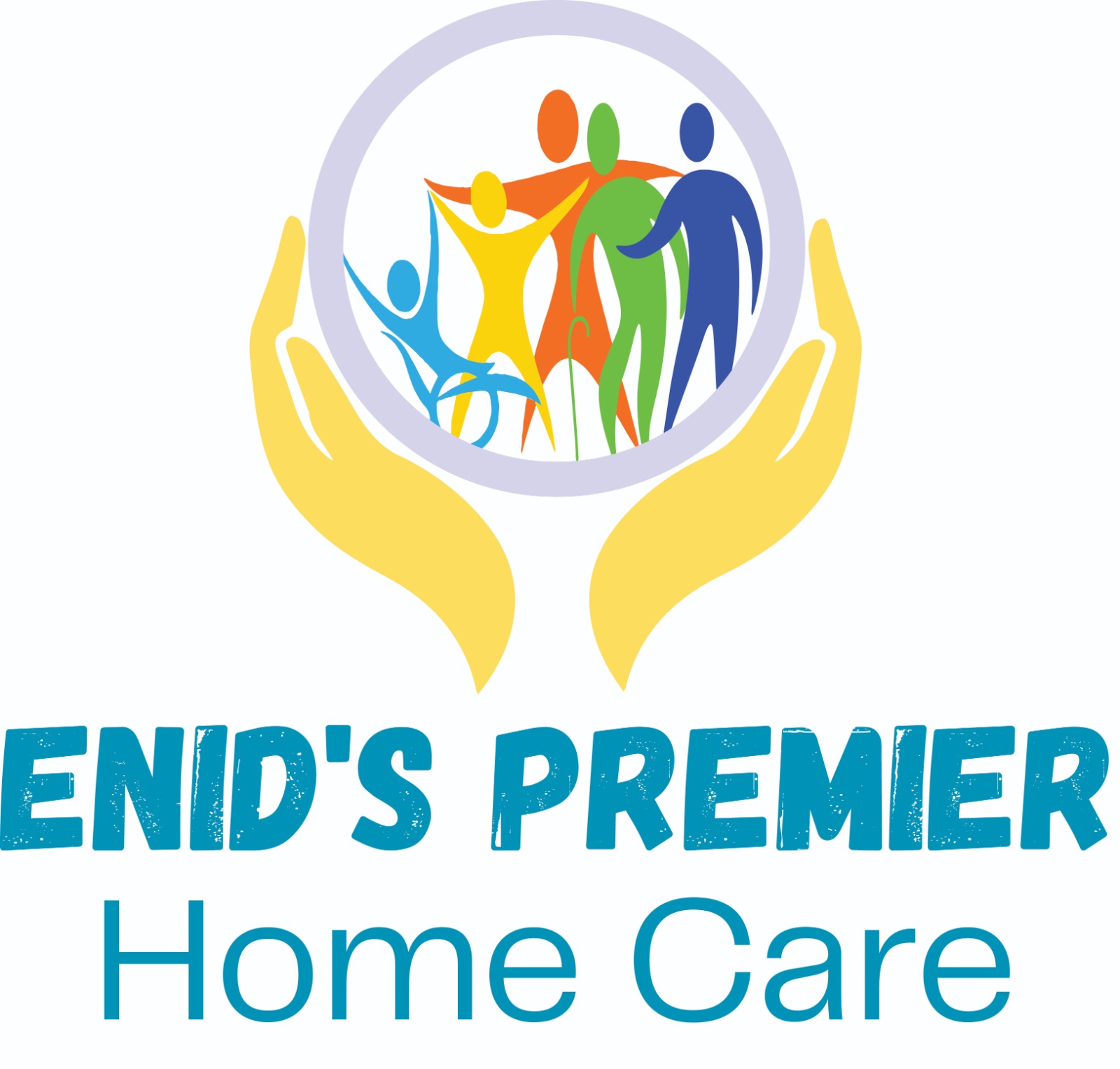Blogs
How to Choose the Right Non-Medical Home Care Agency for Your Loved One: A Comprehensive Guide
Written by Elisa E. Douglas, Ph.D., MSPH
Finding the right non-medical home care agency for a loved one can be a daunting process. It’s not just about selecting a service provider—it’s about choosing an agency that will contribute to your loved one’s quality of life, safety, and overall well-being. With so many options available, making an informed decision requires understanding the factors that truly matter. Below, we’ll break down key considerations to help you select the best non-medical home care agency for your family’s needs.
1. Understand Your Loved One’s Needs
Before beginning your search, you need to clearly define the type and level of care your loved one needs. Non-medical home care agencies typically offer a wide range of services, including assistance with activities of daily living (ADLs), companionship, meal preparation, transportation, and respite care for family caregivers. Consider whether your loved one needs help with personal care, social engagement, or household tasks. Creating a list of specific needs will help you identify agencies that provide the right services.
2. Check Licenses, Certifications, and Insurance
Ensure that the agency you’re considering is licensed and certified by the state. Licensing ensures that the agency adheres to state regulations and standards for care. Additionally, ask whether the agency conducts thorough background checks on their caregivers. Inquiring about insurance coverage, such as general liability and workers’ compensation, is important to ensure that your loved one and family are protected.
3. Evaluate Caregiver Qualifications and Training
The quality of care your loved one receives largely depends on the skills and experience of the caregivers. Ask about the training caregivers undergo, whether they specialize in specific conditions like dementia or mobility impairments, and how often they receive continuing education. It’s equally important that caregivers possess soft skills, such as empathy, patience, and good communication.
4. Inquire About Personalized Care Plans
Look for agencies that offer personalized care plans tailored to your loved one’s unique requirements. Each person’s needs are different, so the care plan should reflect the level of support necessary—whether that’s occasional help with errands or more intensive personal care. The agency should work closely with you to regularly review and adjust the care plan as your loved one’s condition evolves.
5. Assess Availability and Flexibility
The care needs of people can vary greatly, from a few hours a week to around-the-clock support. Choose an agency that can accommodate your loved one’s schedule and is flexible enough to adjust as needs change. For example, you might start with part-time assistance but later require more comprehensive care. Ensure that the agency can scale services up or down as needed.
6. Review Reputation and References
Reputation matters when selecting a home care agency. Read online reviews and testimonials, and ask for references from current or former clients. Word-of-mouth recommendations can provide insight into other families' experiences and the agency's level of care. Trustworthy agencies should have no problem providing references upon request.
7. Assess Communication and Support Systems
Effective communication is essential to maintaining a positive relationship with a home care agency. Ask how the agency handles feedback and whether there is a dedicated point of contact for questions or concerns. Agencies prioritizing communication will provide regular updates on your loved one’s condition and respond promptly to any requests or issues.
8. Schedule an In-Home Consultation
Many reputable agencies offer a free in-home consultation. This meeting provides an opportunity to discuss your loved one’s needs in detail, ask questions, and observe how the caregiver interacts with your loved one. A face-to-face meeting can help you assess the compatibility and comfort level between your loved one and the caregiver, which is crucial for building trust and rapport. Click here to schedule a free in-home consultation with Enid's Premier Home Care.
9. Evaluate Costs and Payment Options
Understanding the cost structure and payment options is crucial when choosing a home care agency. Non-medical home care is typically paid out-of-pocket, but some agencies accept long-term care insurance or Veterans Affairs benefits. Be sure to get a clear breakdown of costs, including hourly rates, additional fees, and billing practices. Having this information upfront will help you avoid any unexpected expenses later on.
10. Trust Your Instincts
Ultimately, you know your loved one better than anyone else. If something doesn’t feel right during your interactions with an agency, trust your instincts. Choosing a home care provider is a personal decision that goes beyond checking boxes on a list. It’s about ensuring that your loved one feels comfortable, respected, and well cared for.
Conclusion
Choosing the right non-medical home care agency is a major decision that requires careful consideration. By understanding your loved one’s needs, verifying the agency’s credentials, and assessing caregiver qualifications and flexibility, you can find a provider that ensures your family member receives the highest quality of care. The goal is to create an environment where your loved one can maintain their independence and dignity while receiving the care and support they need.
At Enid’s Premier Home Care, we understand the importance of this decision, and we’re here to guide you every step of the way. If you’re in Fort Bend, Harris, Brazoria, or Montgomery counties, we invite you to reach out to us for a personalized consultation. Let us show you how our compassionate caregivers can enhance the well-being and happiness of your loved one.
Contact us today to learn more about our services! You can also call us 24/7 at (713) 239-3756 to schedule a free in-home consultation.
